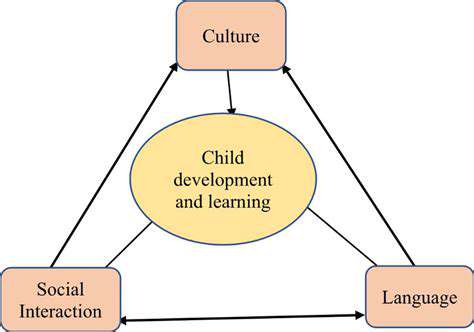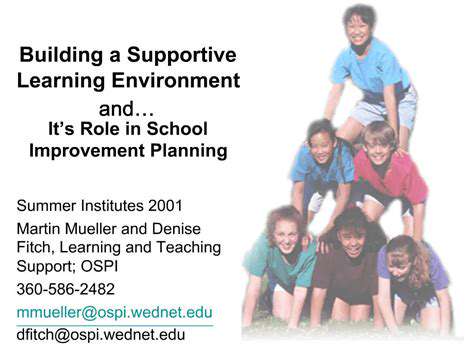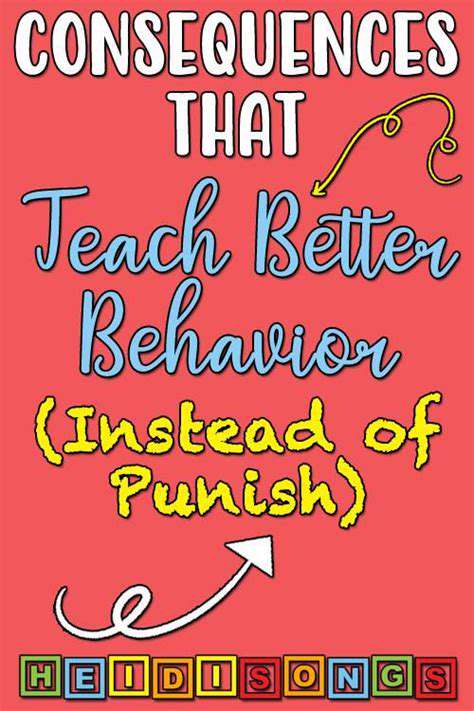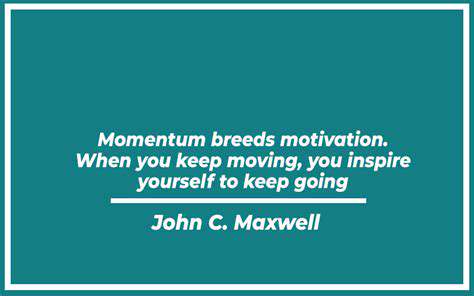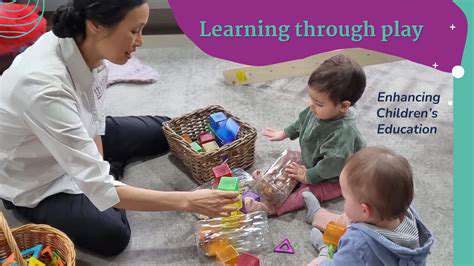Cultivating Gratitude in Children: Raising Thankful Hearts
The Long-Term Benefits of Gratitude in Children
Cultivating a Growth Mindset
Encouraging children to appreciate what they have fosters a growth mindset. When children recognize the good in their lives, they are more likely to approach challenges with a positive attitude and a belief in their ability to improve. This positive outlook encourages perseverance and resilience, crucial elements for success in all aspects of life, from academics to social interactions. By focusing on the positive, children develop an inner strength and confidence that allows them to overcome obstacles and learn from their experiences.
Gratitude, in this context, isn't just about acknowledging material possessions. It encompasses appreciating effort, kindness, and the simple joys of daily life. This broader perspective helps children develop a sense of contentment and fulfillment, which is vital for their overall well-being and emotional development.
Improved Emotional Regulation
Regularly expressing gratitude helps children develop emotional intelligence. By focusing on the positive aspects of their experiences, they learn to identify and manage their emotions more effectively. This awareness of positive feelings allows them to better navigate challenging situations, respond constructively to setbacks, and develop healthier coping mechanisms. This emotional regulation is a vital life skill that will benefit them throughout their lives.
Gratitude practices can provide a valuable tool for managing stress and anxiety. When children learn to appreciate the good in their lives, they become less likely to dwell on negative experiences, promoting a more balanced emotional response to daily challenges. This skill is essential for building resilience and navigating the inevitable ups and downs of life.
Enhanced Social Connections
Expressing gratitude strengthens social connections. When children express appreciation for others' kindness or support, they build stronger relationships and foster a sense of community. This positive interaction creates a ripple effect, encouraging others to reciprocate the sentiment, fostering a culture of empathy and mutual respect within their social circles. Gratitude becomes a catalyst for building genuine connections and meaningful relationships.
Children who regularly express gratitude are often perceived as more considerate and compassionate. This positive reputation enhances their social standing and strengthens their sense of belonging within their peer groups and families. This positive social dynamic contributes significantly to their overall happiness and well-being.
Academic Success
Gratitude can have a surprising impact on academic performance. When children are grateful for their teachers, classmates, and the opportunity to learn, they are more likely to engage actively in their studies and approach challenges with optimism. This positive mindset can translate into better focus, improved concentration, and a more receptive learning environment. The benefits extend beyond improved grades, fostering a love of learning and a lifelong curiosity.
Stronger Family Bonds
Cultivating gratitude within families strengthens the bonds between parents and children. Sharing gratitude practices, such as family dinners where everyone expresses appreciation for each other's contributions, creates a supportive and loving environment. This shared experience fosters open communication and a deeper understanding within the family unit. Gratitude exercises can be a powerful tool for improving family dynamics, encouraging empathy, and strengthening familial connections.
Creating a home environment where gratitude is valued nurtures children's emotional well-being and encourages healthy social-emotional development. This environment promotes a sense of belonging, security, and mutual respect, fostering a stronger and more harmonious family unit.


